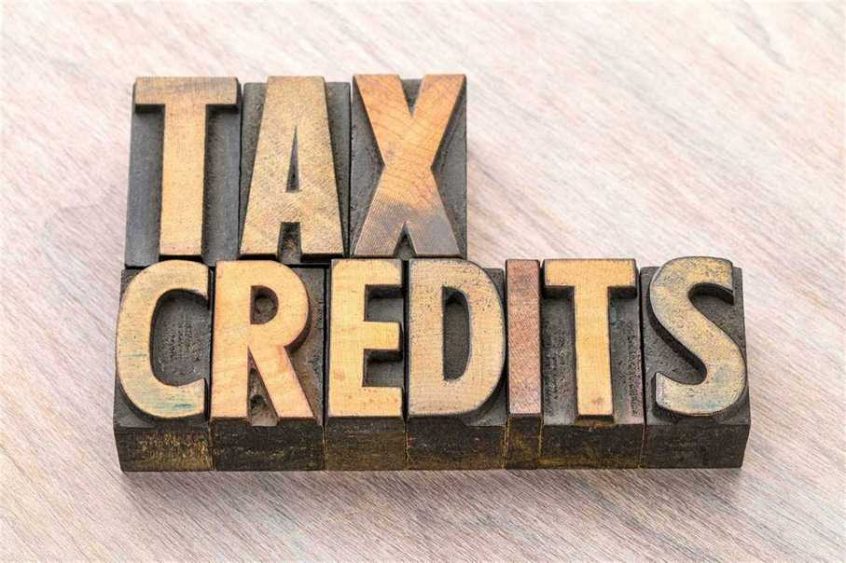Paying taxes is an important part of creating a vibrant, sustainable place to live. Our taxes contribute to infrastructure, social programs, incentives for new business owners, and more. That all said, the fewer taxes a person has to pay, the more money they have in their pockets. This has created a scheme by which governments will provide tax relief in order to encourage people to undertake activities the government wants to promote. In Manitoba, there are two broad categories of tax rebate: provincial, and federal. This article will focus on provincial tax credits.
Our tax credits can be divided into two categories: refundable and non-refundable. Non-refundable tax credits work to lower your tax burden; in other words, if you owe 1000$ in taxes, but you have $500 in non-refundable tax credits, you’ll only owe $500 in taxes. On the other hand, if you don’t owe anything in taxes, and you have a $500 non-refundable tax credit, it doesn’t do anything for you – the government won’t refund you that money. Refundable tax credits, on the other hand, can be paid out to you in cash if you don’t owe any taxes.
We’ll look at non-refundable tax credits first. There’s a whole block of these credits dedicated to helping the average Manitoban support their family. These tax credits include medical expenses, education, disability, the basic exemption, charitable donations, and many more. There are also credits available for children enrolled in physical fitness programs – young adults can benefit from these credits, too. There are also credits for enrolling your children into arts and cultural activities. It’s easy to understand why the government wants to incentivize a lot of the activities in these categories; having a healthy, well-educated population can reduce costs for the healthcare system, reduce crime, and encourage economic growth.
There are a number of non-refundable credits that won’t be used by most Manitobans; credits that include venture capital invested in small businesses, and community-based business development. That said, if you’re planning to open or invest in a business, it’s always a good idea to peruse the tax credits.
Refundable tax credits can be used for a number of different reasons. The most well-known of these is the Education Property Tax Credit, used to rebate school taxes, and especially useful for seniors, who also get the Seniors’ School Tax Rebate. There are also rebates available for folks using fertility treatments, people buying certain types of green energy equipment, and employers offering paid work experience to certain types of trainee.
This certainly isn’t an exhaustive list of the tax credits available, nor does it give all the nitty-gritty details; for that, see the Government of Manitoba’s Personal Tax Credits page. Navigating the rather bureaucratic and dry tax code can be a dreary, daunting task. Fortunately, it’s not one you have to pursue yourself; Compass Accounting can help you get the most out of both federal and provincial tax credits. What’s more, they can help you adjust how you spend and save to make the tax code work to your advantage!

